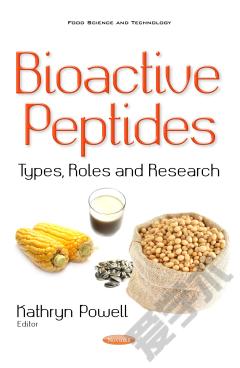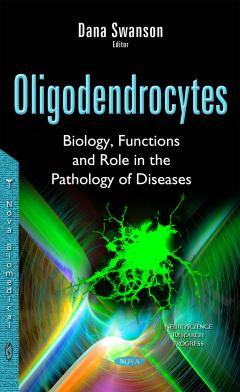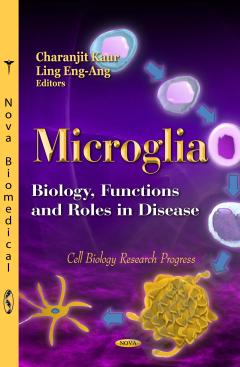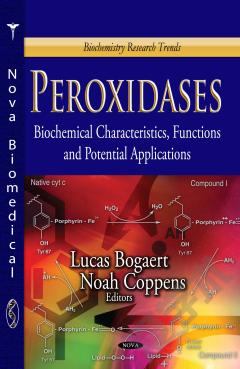Prostaglandins: Biochemistry, Functions, Types and Roles
A prostaglandin is any member of a group of lipid compounds that are derived enzymatically from fatty acids and have important functions in the animal body. Every prostaglandin contains 20 carbon atoms, including a 5-carbon ring. They are mediators that participate in the regulation of multiple biological processes, both in health and disease. Prostaglandins contribute to the regulation of vascular tone, platelet function, and fertility. They also play key roles as inflammatory mediators and modulators of tumor biology. Although they are technically hormones, they are rarely classified as such. This book examines the biological role of prostaglandins in drug discovery, and on immune cells; the prostaglandin interchange; and the roles of prostaglandin E2 in inflammation-related cardiovascular disease as well as other related topics of import.
{{comment.content}}








 京公网安备 11010802027623号
京公网安备 11010802027623号